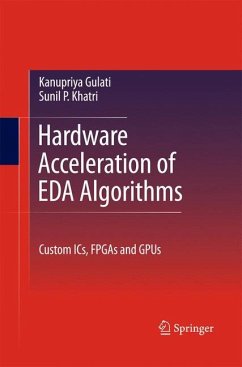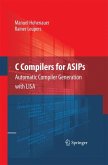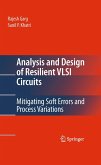Single-threaded software applications have ceased to see signi?cant gains in p- formance on a general-purpose CPU, even with further scaling in very large scale integration (VLSI) technology. This is a signi?cant problem for electronic design automation (EDA) applications, since the design complexity of VLSI integrated circuits (ICs) is continuously growing. In this research monograph, we evaluate custom ICs, ?eld-programmable gate arrays (FPGAs), and graphics processors as platforms for accelerating EDA algorithms, instead of the general-purpose sing- threaded CPU. We study applications which are used in key time-consuming steps of the VLSI design ?ow. Further, these applications also have different degrees of inherent parallelism in them. We study both control-dominated EDA applications and control plus data parallel EDA applications. We accelerate these applications on these different hardware platforms. We also present an automated approach for accelerating certain uniprocessor applications on a graphics processor. This monograph compares custom ICs, FPGAs, and graphics processing units (GPUs) as potential platforms to accelerate EDA algorithms. It also provides details of the programming model used for interfacing with the GPUs.
Bitte wählen Sie Ihr Anliegen aus.
Rechnungen
Retourenschein anfordern
Bestellstatus
Storno









